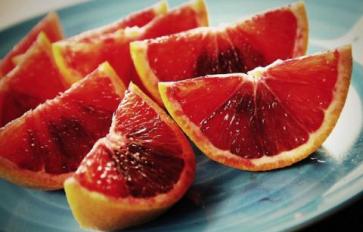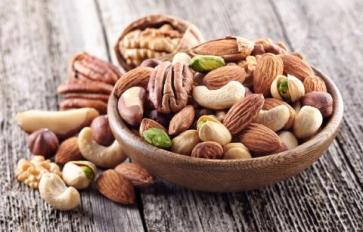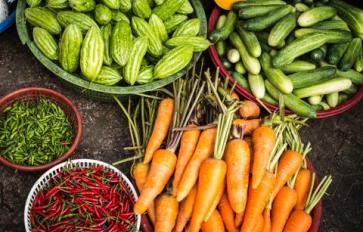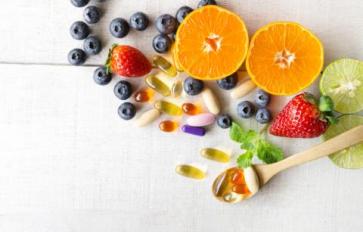
I love fruit. Any kind. However, the amount of fruit I’d like to eat does not match up with the amount of fruit that is healthy for anyone to consume on a daily basis. The same goes for drinking fruit juices, I’ve learned; drinking juices that are primarily fruit-based does not always bode well for the digestive system. My partner and I have gotten into a lovely routine of making our own juices, and it’s become an important part of most mornings for us. The benefit of having your own juicer is that you can be creative and experiment as you monitor what is going into your juice (and therefore your body). Juicing at home has opened my eyes to what is possible in liquid form, and now I’ve shifted to drinking juices that are mainly vegetable with just a few fruits. Here’s why:
1.Vegetable juices contain less sugar than fruit juices.
Fruit juices are tasty because they contain a higher concentration of natural sugars that – although better than artificial sugars – can easily spike your blood sugar. If I’m craving some natural sweetness, it’s better for me to bite into one whole, raw fruit (get your fiber!) than to drink the equivalent of ten in a fruit juice.
2.Vegetable juices retain nutrients that can be lost in the cooking process.
There are certainly ways to cook vegetables in order to retain more nutrients and minerals, such as blanching or steaming. In the home-juicing process, however, applying less heat (most juicing machines produce heat through friction) for a shorter duration of time best encourages nutrient retention…so I can get more “bang” for my buck per vegetable!
3.Vegetable juices allow access to nutrients in “not-so-munchable” veggies. Eating a carrot or cucumber is enjoyable for me, whereas eating fibrous celery or fennel or a bunch of parsley is not as much. These are vegetables I enjoy juicing, especially since they add wonderful flavor, nutrients, and even beautiful color to my “green juice.”
4.Vegetable juices offer a way to use extra or old veggie parts.
I love to do my best to use all parts of the produce I have, but some days I just don’t feel so creative. When making a vegetable juice, I can easily throw in some extra and/or wilted greens, some not-so-pretty carrots, or a bit of ginger that may be dry. Clean out that fridge!
5.Vegetable juices are [generally] more alkaline than fruit juices. Vegetables serve us better in balancing our body’s pH, which requires more alkali-forming foods for the purpose of fighting off disease and other stressors. As always, there are exceptions to this, as lemons and limes, melons, mangos, and apples also have high alkalizing properties. A juice of purely the aforementioned fruits would be very high in sugar, but adding a few of these fruits into a juice with more vegetables is ideal, not to mention delicious!








